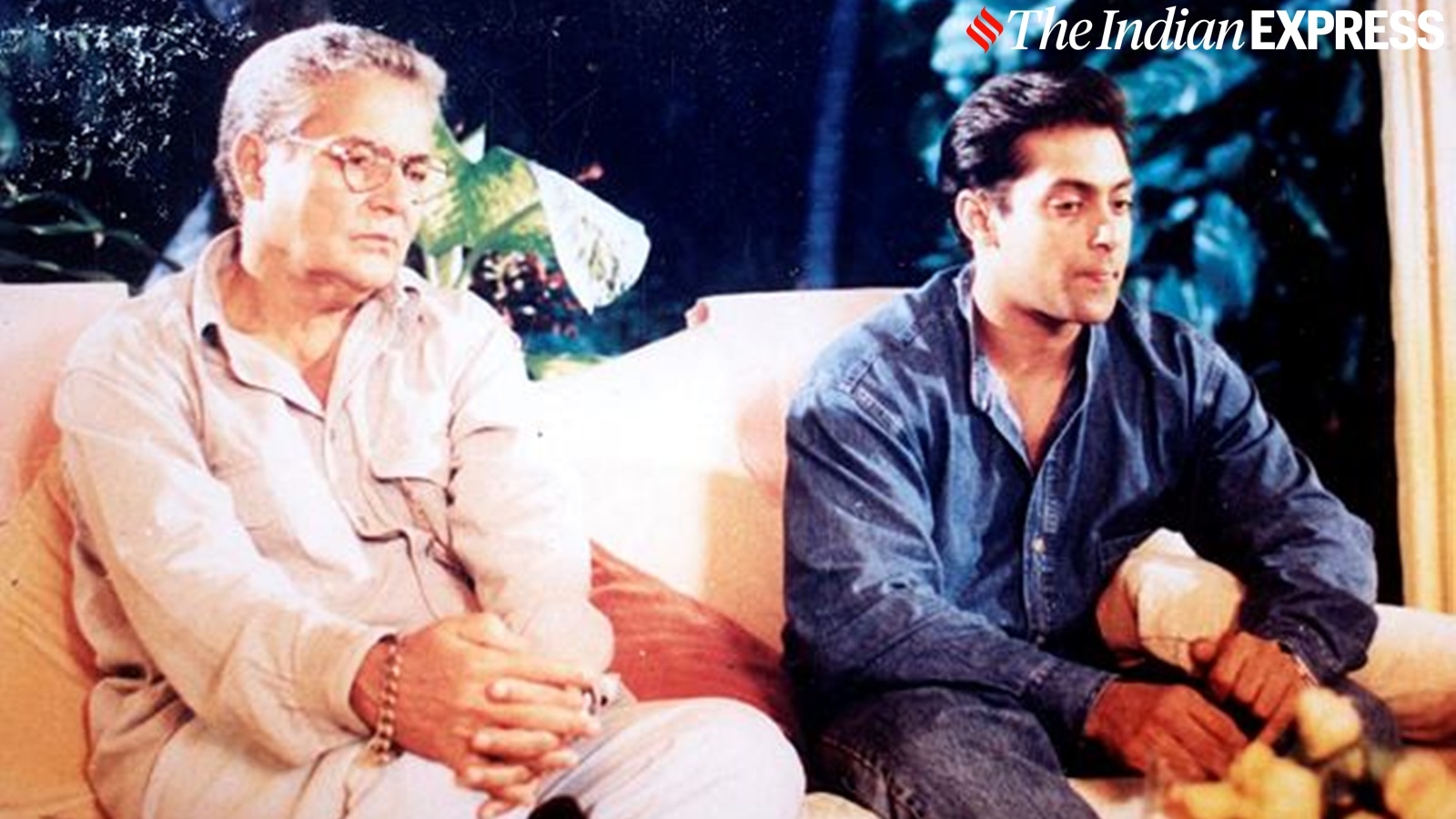Many believe that fitness is all about intense gym sessions and restrictive diets. But for some, it’s a matter of consistency and moderation.
Salman Khan, who recently appeared on the premiere of The Great Indian Kapil Show on Netflix, opened up about how he and his father, 89-year-old veteran screenwriter Salim Khan, maintain their health. In a candid moment, Salman said, “My dad, touchwood, Mashallah, he tells me that meri khuraq khatam ho gayi hai (my appetite has gone down), but he eats 2-3 parathas, then rice, the gosht (meat), then dessert, twice a day. Unka ek metabolism alag hai. Unka discipline alag hai (His metabolism and discipline are on a different level) (sic).”
He added that he is proud to see his father being fit and healthy despite his old age. “So he has been walking all the way to Bandstand and back every single morning. We’re so happy to see that. We are so proud that we have a father who’s fighting it out,” Salman said.
Story continues below this ad
Sharing his daily routine, the actor revealed, “I’ll eat anything but won’t overeat. Like say, 1 spoon rice or at max one-and-a-half, whatever vegetables, then chicken or mutton or fish.” According to Salman, his key to staying fit isn’t about completely cutting out any food groups, but about knowing where to stop.
During the same conversation, Salman spoke about how he helped shape fitness trends in the Indian film industry, noting that he was one of the early actors to bring gym culture into the spotlight. He shared his happiness at seeing veterans like Dharmendra continue to prioritise their health.
Can portion control without food restriction be an effective approach to weight management and overall health?
Deepika Sharma, a Delhi-based personal trainer with a focus on functional nutrition, tells indianexpress.com, “Yes, it can. Eating less of everything is often easier to follow than strict diets. Portion control allows people to enjoy different foods while keeping their calorie intake in check. It helps with weight management and reduces the chances of overeating. You don’t need to avoid entire food groups if you’re eating reasonable amounts and staying active.”
How much of a person’s metabolism and appetite after the age of 80 is influenced by genetics versus daily lifestyle habits?
Sharma says that both genetics and lifestyle choices matter when someone reached old age. “Genetics set a base for metabolism, but lifestyle plays a big role in how it functions over time,” she stresses.
Story continues below this ad
Sharma adds that someone like Salim Khan likely benefits from good genes, but his ability to stay active and eat well even at 89 shows the importance of daily habits. “Most people will see their metabolism slow down with age unless they maintain movement and adjust their diet.”
Is it healthier to eat smaller portions of everything like Salman suggests, or should certain food groups still be limited?
According to the expert, small portions are a good start, but not all foods are equal. Highly processed foods, sugary snacks, and fried items should still be limited, even in small amounts.
“A better approach is to eat whole foods in smaller portions and keep unhealthy options occasionally. Portion control works best when combined with better food choices,” concludes Sharma.

